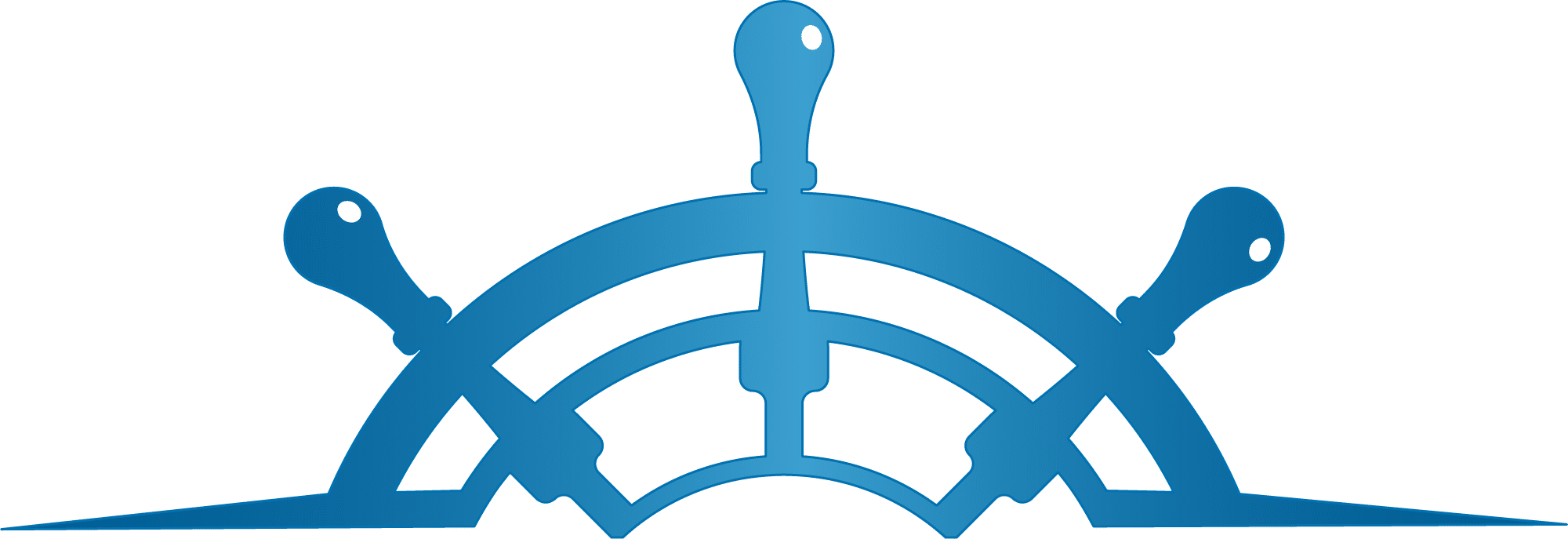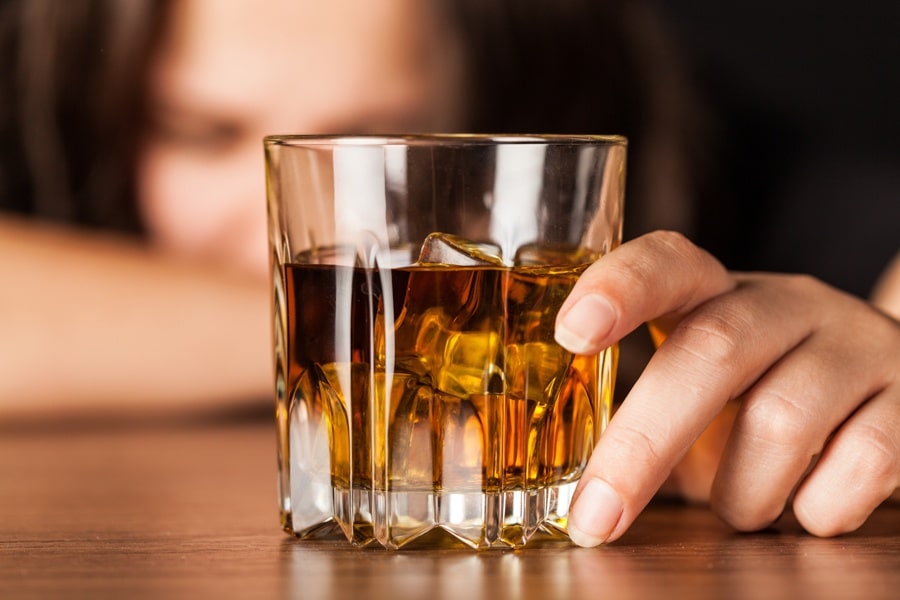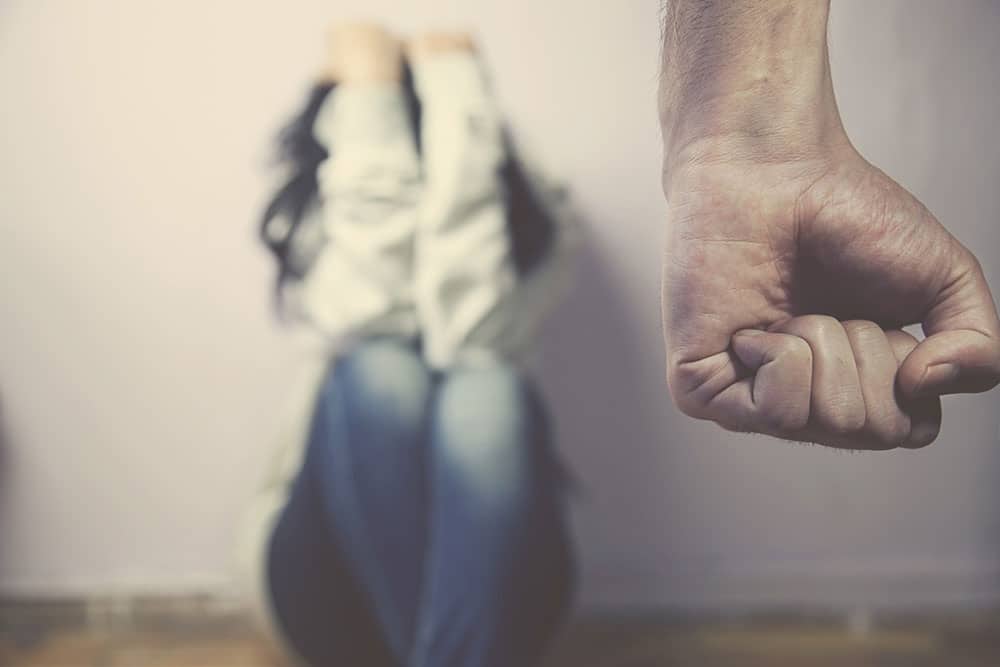
Casco Bay Recovery
Resources
Finding the best care in the form of addiction treatment is an important step to recovery.
Those who are suffering from substance use disorders often time feel isolated and alone. Upon realizing the reality of their conditions, the last thing substance abusers want is to feel like an island. Oftentimes, as a result, people in recovery will try their best to find a sense of belonging. This happens because of the lack of security from abandoning the thing that was giving them fulfillment and security before (substances.) Those who have a hard time being fulfilled and secure in recovery will need help. Such help can come in the form of rehabs in Maine.
Our staff will go the extra mile to help you achieve and maintain recovery. Ultimately, we want to meet your needs as a unique individual. If you or a loved one would like to find out more about Casco Bay and our rehab services, you can contact us.

Children of Addicts

Parents of Addicts

Spouses of Addicts

Disease or Choice
Many people wonder, “Is addiction really a disease or is it just a matter of choice?

Benefits of Peer Support
Peer support often involves support from people with similar backgrounds in the context of addiction recovery.

The Role of a Recovery Coach
Working with a recovery coach can increase your chances of lifelong recovery.

How to Know You’re an Alcoholic Quiz

Signs You’d Benefit from an
Addiction Treatment Program
The widespread use of alcohol and prescription drugs such as opioid pain relievers can make it difficult to know if you’re struggling with addiction. However, there are a few signs that can indicate that you or a loved one would benefit from an outpatient addiction treatment program:
Experiencing withdrawal symptoms such as headaches or nausea after stopping the use of drugs or alcohol
If these signs are present, it’s time to reach out to a treatment center for help.

Substance Abuse in Maine
Maine has been one of the top ten states when it comes to drug abuse in recent years. There are many ways substance abuse has affected the state, including the following:
- Illicit drug use among young adults ages 18-25
- Marijuana use in young adults ages 18-25
- Cocaine use among those aged 18-25
- Illicit drug dependence among those aged 18-25
- Marijuana use in kids 12 and older
In addition to this are some alarming stats concerning Maine residents:
- Over 10% of Maine residents reported illicit-drug abuse in the last month (the national average was below 9%)
- There were over 67,000 drug abuse-related deaths in 2018
What’s worse about all of this is that illicit drug use isn’t the complete piece of the puzzle; prescription drug abuse has climbed to the top in terms of the fastest-growing drug-related issue in the United States. There is, however, a prevention plan in place to help in this regard. The Prescription Drug Abuse Prevention Plan is a step in the right direction. It aims to provide a foundation for preventing prescription drug abuse by expanding state-based prescription drug monitoring programs.
Inpatient residential treatment
Inpatient Treatment
Inpatient residential treatment is great for those who are looking for rehab for more severe forms of substance use disorders. This form of recovery can last anywhere from 28 days to six months.
Those who participate in an inpatient rehab program stay at the treatment facility 24/7 while in care. In addition, people in inpatient treatment will be monitored by a professional medical staff at all hours of the day and evening. Residential treatment also includes daily/weekly access to professional therapists and psychiatrists.
Outpatient Treatment
When it comes to milder forms of addiction, outpatient treatment is the best way to go. This allows individuals anywhere from 10-12 hours of professional therapy and psychiatry throughout the week. Outpatient treatment could also be a good stepping stone for those transitioning from the treatment facility to the world outside recovery.
One of the best parts about outpatient care is that patients get to reside in the comfort of their own homes while in rehab. This allows for minimal disruption to one’s daily routine. Outpatient treatment can last anywhere from three months to over a year in length.
Intensive Outpatient Treatment
On a more granular scale, intensive outpatient care is best described as a stepping stone between residential and outpatient rehab. This is a much more granular form of treatment in terms of philosophy (as a step between inpatient and outpatient). This is ideal for those who completed a residential program yet still aren’t quite ready for the world outside the facility. As far as what an intensive outpatient program offers, it’s best described as a primary treatment.
Detox Resources
Drug withdrawal is not a walk in the park. The symptoms tend to feel overwhelming. Some of these detox symptoms include the following:
- Nausea
- Vomiting
- Fever
- Chills
- Sweating
- Headaches
- Insomnia
- Mood swings
- Depression
- Anxiety
- Seizures
Substance abuse withdrawal is a vicious cycle. For those who don’t have the proper tools or treatment at their disposal, the likelihood of relapse is real. This is because drug cravings in themselves are difficult to overcome; when withdrawal is thrown into the mix, it makes things ten times more difficult. When the body is so dependent on the use of drugs, coming off of them seems impossible.
It’s because of all of this that medically assisted treatment is a good option for those struggling with substance use disorder. Patients in detox are monitored closely by doctors who help them wean off of drugs with the help of medication. This medication helps relieve the symptoms of withdrawal, thus making it easier to come off of drugs or alcohol.

What are the Therapy Options in Addiction Treatment?
Therapy is known throughout the addiction treatment community to be one of the most successful methods of care. It has been successful in the lives of many who struggle with addiction in Maine. When most people think of therapy, they may picture someone laying on a couch and a doctor in a chair next to them. While this might be true of one form of therapy, it does not encompass all of the therapy for addiction treatment in Maine. Some forms of therapy include the following:
Cognitive Behavioral Therapy
Cognitive-behavioral therapy (CBT) is a therapy where a person’s thoughts are analyzed; this helps to evaluate why people act the way they do, or why they process their emotions in a particular way. Not only that but CBT is also meant to process a person’s worldview. Once this is done, the therapist they work with can teach them how to cope in healthier ways.
Dialectical Behavioral Therapy
Dialectical behavioral therapy (DBT) is a form of cognitive-behavioral therapy (CBT). This approach to therapy aims to comprehend the motivation behind certain behaviors through an emotional lens. In CBT, the way thoughts and feelings influence each other is paramount, but the emotional aspect is imperative to DBT. At the end of the day, the goal is to manage emotions and work through substance use disorder healthily.
Individual Therapy
Individual therapy is what most people probably think about when therapy is mentioned. This form of treatment, however, is more than just a shrink asking someone questions like, “how does that make you feel?” It’s a safer, more intimate environment where people can speak freely without judgment. Everything that is said in an individual therapy session stays in the room. This method of treatment is all about individual growth.
Group Therapy
Group therapy, in terms of structure, is the exact opposite of individual therapy. As the name suggests, group therapy involves multiple people talking with each other and sharing their journeys and struggles. Group therapy is a safe environment meant to help people find the courage to speak about their past and present circumstances. The group setting allows them to feel that they are not alone in their vulnerability.
Group therapy sessions are Socratic in method. Each person speaks at one time, taking turns with others, sitting in a circle. The sessions are mediated by a professional therapist or psychiatrist. When patients participate, they’re able to share how their substance abuse has affected them and those around them.
Holistic Treatment
Holistic therapy is a method of care in which those who participate prioritize connecting to their surrounding environments. Some of these practices include yoga, meditation, massage therapy, exercise therapy, and other forms of treatment. Holistic treatment has been known to have a great impact on those struggling with a substance use disorder. It truly helps reframe the mind and body to align them with a person’s spirit.
In the modern-day, it’s becoming more and more difficult to be focused and undistracted. Fixing one’s attention on the world around them is starting to become a rarity. Having the world at one’s fingertips is a wonderful feat, but it disengages us from the natural world around us. For those who often become distracted and may need to connect with the world around them, holistic treatment may be the care they need.
Dual Diagnosis Treatment
When a mental health disorder and a substance use disorder occur at the same time, it is referred to as a dual diagnosis. Substance use disorders can go much further than just drugs and alcohol. After a while, someone may develop a mental health disorder due to the chemical changes that having a substance addiction can cause in one’s brain. Oftentimes there is a connection between drug abuse and anxiety disorders or alcohol abuse and depressive disorders.
Someone who suffers from a dual diagnosis that’s made out of a substance addiction and mental illness may have even developed the mental illness first. This is because mental illness often acts as a catalyst for substance abuse, which then often leads to the development of a substance addiction. The bottom line of a dual diagnosis is that the two disorders involved occur at the same time.

LGBTQ+ Substance Use

What is Chronic Relapse

Health Complications

Addiction and Domestic Violence

Addiction’s Connection to Homelessness

Addiction vs. Dependence


